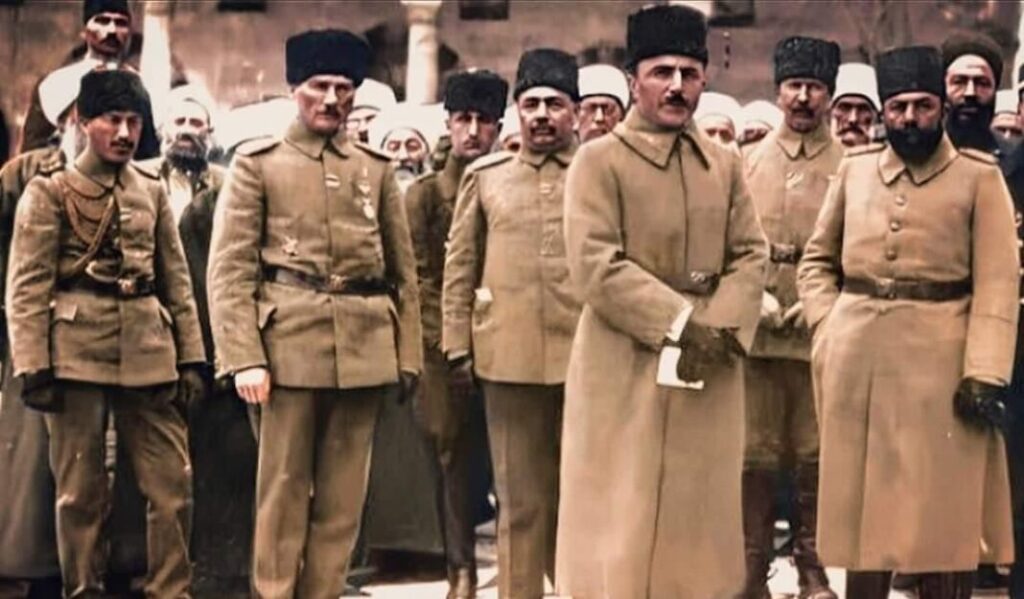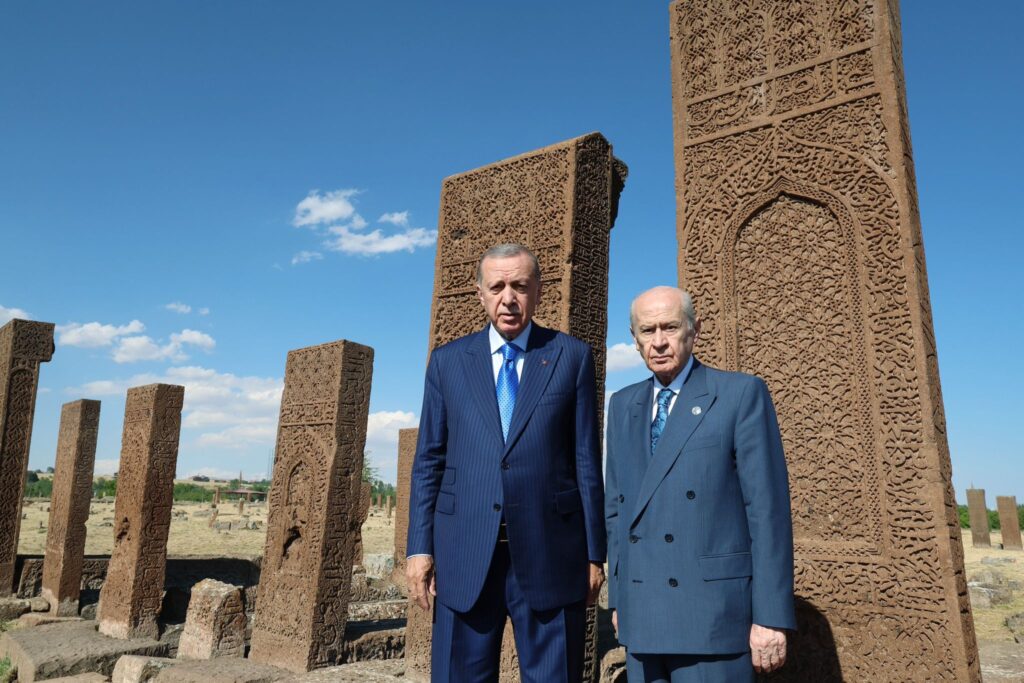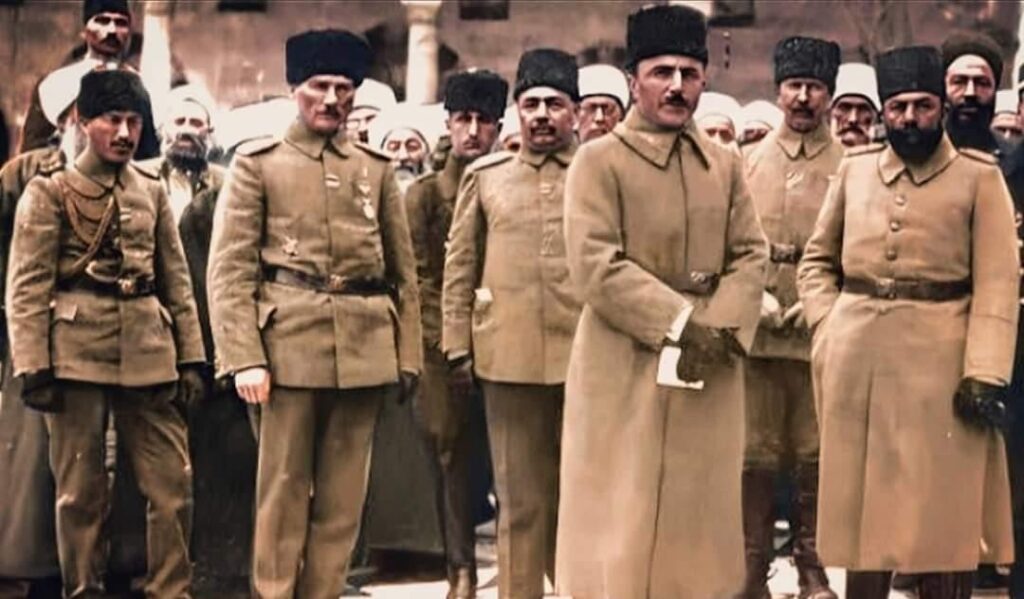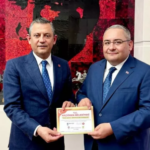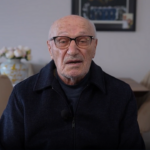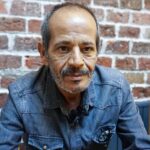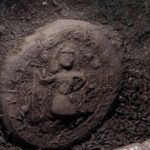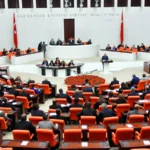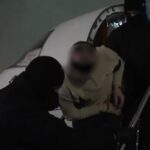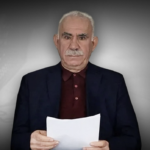We were in Şanlıurfa earlier this month as a part of a Center for Public Policy and Democracy Studies (PODEM) project. This historic city, which is the most important intellectual center of the Kurdish region along with Diyarbakır, traditionally remains aloof from all kinds of activism. Therefore, one is likely to hear more objective and profound political analyses there. Şanlıurfa, where the Justice and Development Party (AK Party) has achieved an overwhelming majority in recent years, gave a significant message to it in the June 7 general elections. The Peoples' Democratic Party's (HDP) votes skyrocketed for the first time in the city and it received five deputies out of a total of 12.
During our conversations we heard intense criticism of the AK Party's party policies, election strategies and candidate selection from its base. Apparently, the election results were associated with the AK Party's electorate's aloofness from the party. These evaluations were made in such a severe tone that the AK Party could have received much less votes. On the other hand, it seemed that equilibriums and other parties' foibles enabled the AK Party to maintain its vote share. They also said there was an "external factor" that cannot be easily guessed. It might be surprising for readers, but as things stand, articles published in newspapers in the West boost the AK Party vote. In order to understand the sociological ground of this impact, it should be underlined that people in all cities in Turkey have many relatives and friends living abroad. The strata of opinion leaders in Şanlıurfa have close relations abroad. New technological opportunities have made this connection a down-to-earth and ordinary phenomenon of everyday life. Also, those living abroad are quite inclined to think politically. So curious people in Turkey can immediately hear of anything published in the West. When you move toward the east of the county this state of curiosity increases and interests shift from social to political issues.
In short, when articles are published in the West about President Recep Tayyip Erdoğan, demonizing him and claiming he is a dictator, Kurds living abroad inform their relatives and friends in Turkey about them along with commentaries that contextualize these pieces. These commentaries ask how often these kinds of political analyses are published in Western media outlets, about whom they mention, how many of them address domestic and foreign politicians and to what extent they are objective.
It is clearly seen that Western media outlets, regardless of whatever country they are in, publish one-sided pieces about Erdoğan rather than addressing their own politicians. The Kurds living in Şanlıurfa follow them, talk about them and interpret them. As one can guess, they agree on one thing: The Western world wants to get rid of Erdoğan and prepare its public for this, so much so that if a coup is staged in Turkey, the whole world will find it normal and fair.
However, the people of Şanlıurfa are irritated by this, thinking that a common anti-Turkey will, which influences and motivates the Western media, has been formed. They reason that this will is striving to hit Turkey through Erdoğan in an unethical method. In this case, they naturally vote for the AK Party despite criticizing and disapproving of it in many respects.
Obviously, the AK Party will remain in power as long as this campaign continues in the West. In this regard, Turkey might think of extending an official thanks to the Western media.
Yazıyı beğendiysen, patronumuz olur musun?
Evet, çok ciddi bir teklif bu. Patronumuz yok. Sahibimiz kar amacı gütmeyen bir dernek. Bizi okuyorsan, memnunsan ve devam etmesini istiyorsan, artık boş olan patron koltuğuna geçmen lazım.
Serbestiyet; Türkiye'nin gri alanı. Siyah ve beyazlar içinde bu gri alanı korumalıyız. Herkese bir gün gri alanlar lazım olur.




